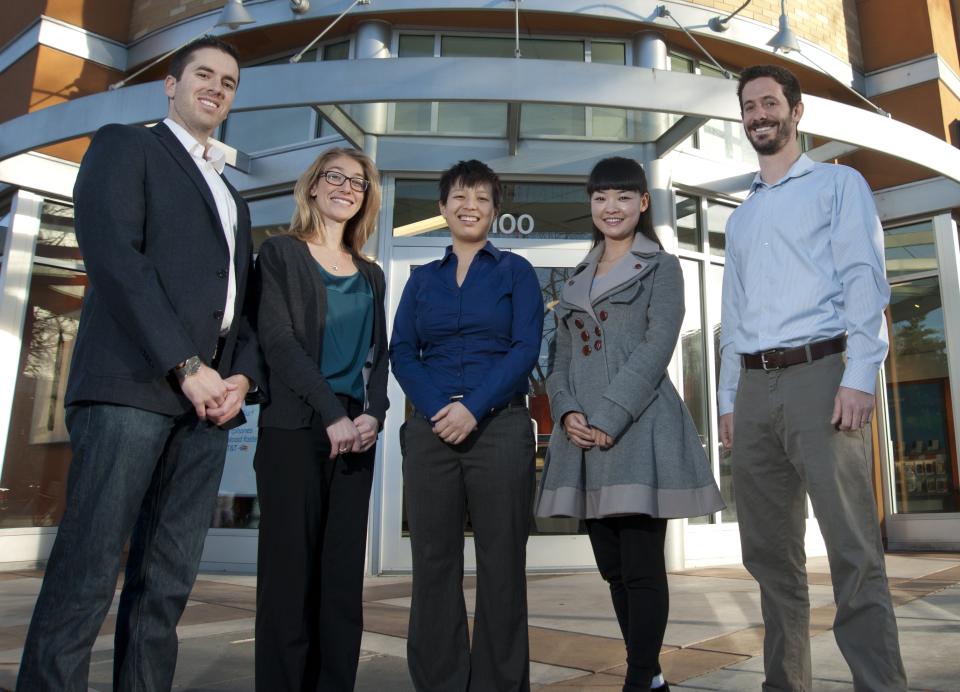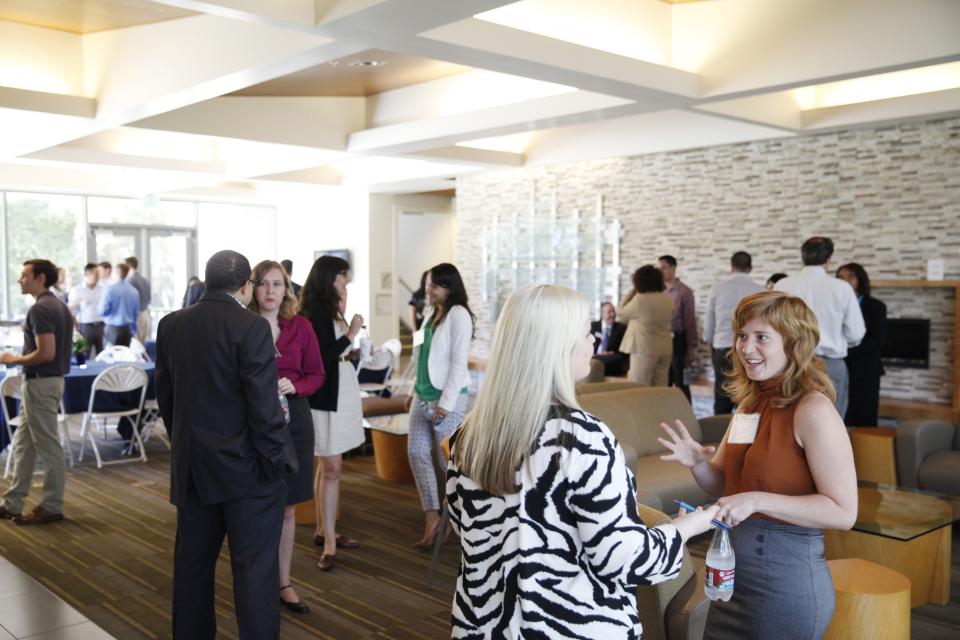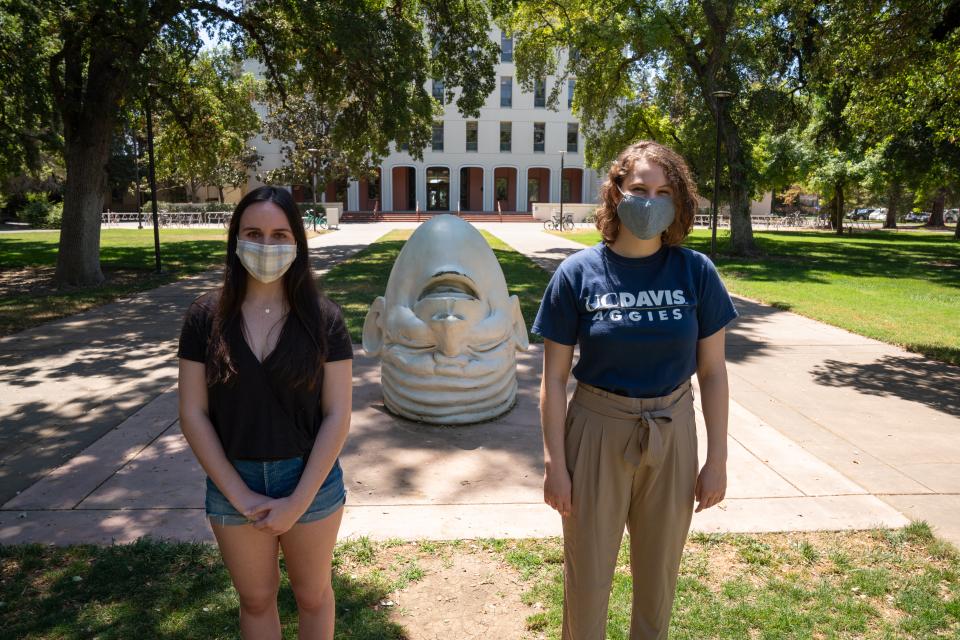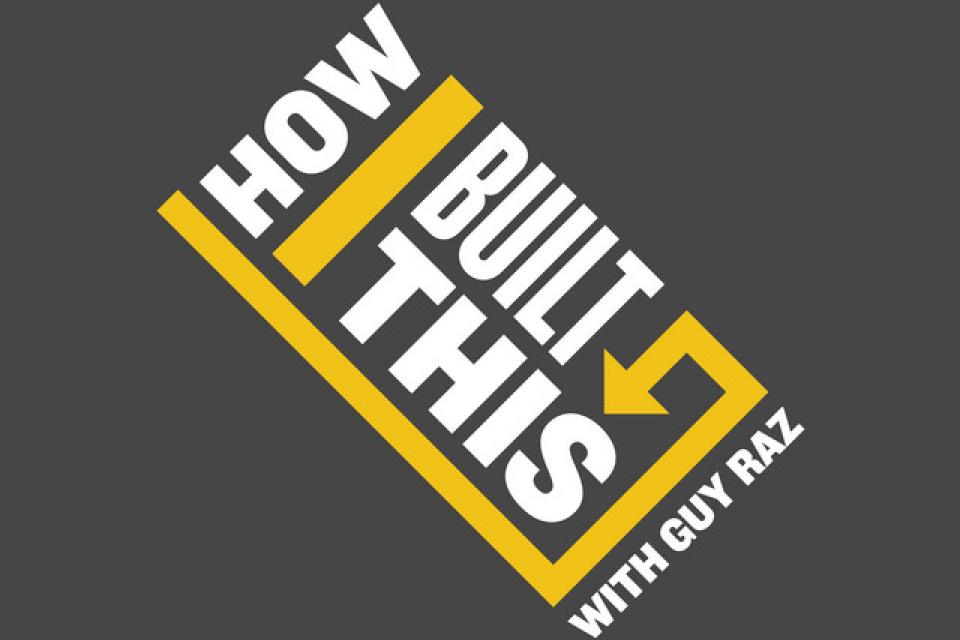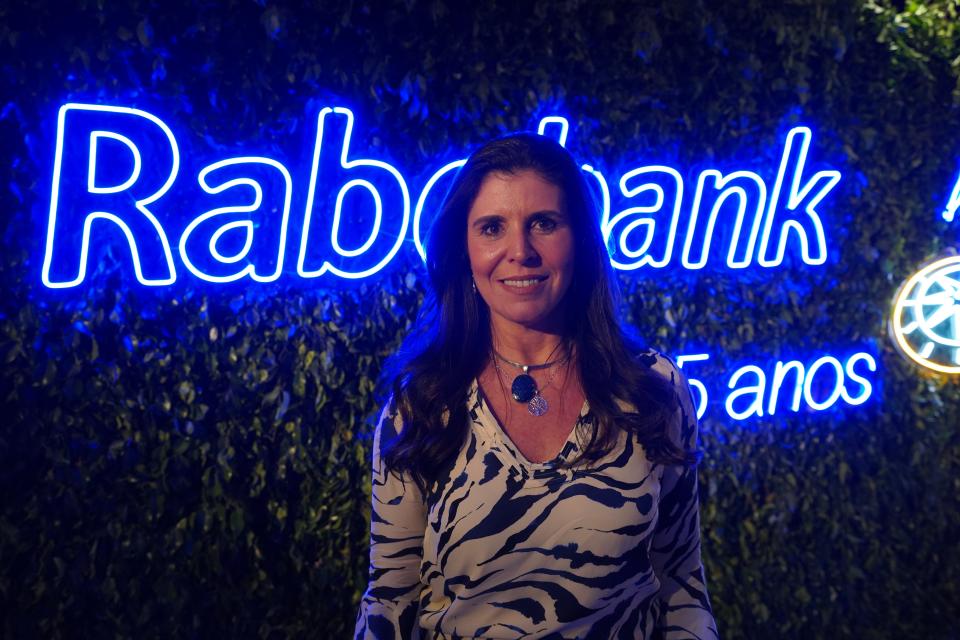UC Davis MBA Alumna Archana Arunkumar on Collaborative Leadership in Tech
"Carry your confidence into every room you enter."

What’s collaborative leadership mean?
How do you collaborate at work to make an impact?
UC Davis Graduate School of Management alumna Archana Arunkumar MBA 10 shares insights from more than 20 years experience as a product and technology executive, advisor and board director in enterprise SaaS and software development, including leading teams at UKG, Expedia, Workday, Dropbox, Dell EMC, Ellie Mae and Siebel.
An industry thought leader and change agent, Akunkumar serves at the president of the UC Davis Graduate School of Management’s Alumni Association Board of Directors.
Video Transcript
Archana Arunkumar
What are the highlights of your career the last few years?
Career is something that you reinvent over and over again. Many of us start out thinking that we're going to be having a career in one path or in one direction, but then it's it's a journey that evolves over time. So, I started out as an engineer and then later on moved into product, and have had the privilege and opportunity to lead both product and engineering for various large enterprise SAS organizations.
What does collaborative leadership mean to you?
What it actually meant for me is not just being able to know the right answer, but leading with the group and coming together to the same consensus, but in a manner that is not so much just consensus building, but actually something that you can act on. Having truly bought into it and that is a skill that this program actually enforces, and multiple times in multiple ways, that it becomes an ingrained part of how you lead.
How do you collaborate at work to make an impact?
One of the things that I do at work, is always going with the why. That way I'm never the one assigning a task, but I'm essentially laying out and providing clarity to why something needs to be solved, and then the team is able to go ahead and pick where they're able to support, in whatever form they're able to support. That way, you're able to actually multiply your impact in the intended direction. And that to me is what this program has actually enabled me to do.
What are the biggest challenges in your industry?
The ability to understand the why and the what. For the moment in time, tech evolves very fast environment in which you need to survive the parameters, the restrictions, all of those evolve very fast. Regulation is almost always catching up in a lagging fashion, and being able to find resources that are able to think ten steps ahead, lay out the dots and connect the dots and actually execute against it effectively. That has been the biggest challenge for the industry. Your technical depth is going to be a table stakes, but on top of it, what's really going to set you apart for that journey to meet that need of the hour is your ability to collaborate effectively, to be able to influence effectively and to be able to execute effectively to the last mile.
What are you seeing that future business graduates should know as they start their careers?
One thing I always wish I could go back and tell myself, two decades ago, which is when I graduated out of this program, is knowing that you need to walk into the room with the confidence you have already taken the first step have the ability to think beyond your core discipline, and that is important for you to recognize as you make that first step into your career. Be proactive. Don't wait. Lose the sense of entitlement, that would be my advice to you to take that confidence into every room you go.
